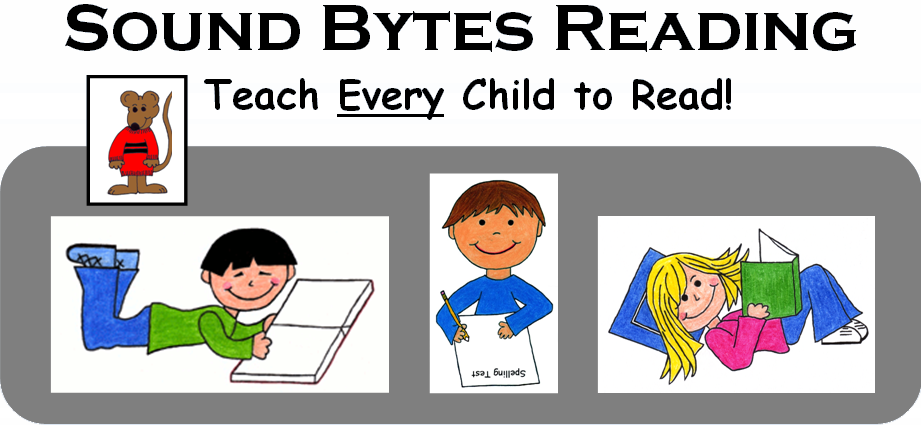Can Your Students Comprehend Texts That They Cannot Read?
Absolutely! Students do understand texts that are read aloud to them that are above their independent reading level. But if they are struggling to read text on their own that is too difficult for them to decode, they will not have good comprehension.  Struggling students in the upper grades are increasingly expected to read texts that are above their level of reading ability, because they need to learn complex subjects. This presents a problem. Does it make sense to require students to read texts that are above their independent reading level?
Struggling students in the upper grades are increasingly expected to read texts that are above their level of reading ability, because they need to learn complex subjects. This presents a problem. Does it make sense to require students to read texts that are above their independent reading level?
Some teachers understand the futility of requiring reading at a level that is above a student’s ability, so they look for and assign books at the students’ actual reading level. These teachers sometimes endure criticism for doing what they believe is best for their students.
With so many struggling readers in our schools, we ought to be looking at why we have this problem. We first fail when teaching our children basic reading instruction. There are many reasons why children fail to learn to read, including bad reading programs and inconsistent attendance. But we continue to pass children who have not learned basic decoding skills on to the next grade level. Then we blame the teachers in the upper grades when their struggling students fail to progress.
Students need to learn to read well by the end of first grade! If a student is not progressing, change the program. Students who are not reading well by early to mid-first grade should be given a phonics reading program that includes all of the Orton-Gillingham phonograms, and that uses those phonograms in decodable stories. Nearly all struggling readers who are taught to read this way can learn to read.
Students can comprehend texts that they cannot read on their own. The short term fix may include reading grade level texts aloud to students who are struggling. But to be successful, students need to be able to read on their own. When students read texts independently, they will only comprehend what they can quickly and easily decode. We may provide accommodations for struggling readers, but we owe it to them to teach them how to read for themselves.
